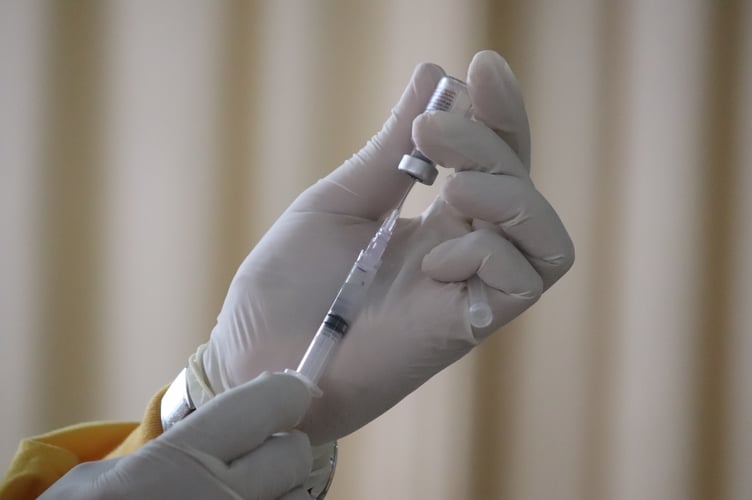CHILDREN and pregnant women are the first in line for the annual flu vaccination programme which is now underway in the South West.
Eligible children and pregnant women are the focus for the first phase of the vaccination programme this month, with older people, clinically at risk adults, care home residents and frontline workers due to start receiving their jabs from October.
Younger children, aged two or three, will be vaccinated at flu clinics run by their GP, with parents invited to make an appointment.
Parents of school aged children will be contacted by their school aged immunisation service to complete a consent form and access vaccination in school or via a community clinic. Parents are strongly encouraged to fill out their consent forms to enable their child to get protected.
Children will be offered the nasal vaccine, which is most effective for children, more convenient and easily administered.
Pregnant women can have the jab at any point in pregnancy through their GP or at hospital maternity appointments.
Flu season usually peaks in December and January, so starting adult vaccinations from October will ensure those most at risk are protected during the colder months when people gather indoors and viruses spread.
Dr Kheelna Bavalia, South West Medical Director, said: ‘The flu and COVID-19 vaccines are our best defences against these viruses and can be lifesaving so I would urge everyone eligible to book their jabs when they become available, to protect themselves and people around them.
‘These viruses leave thousands of people in hospital each year, and vaccinations help us to keep more people well during the winter months when we expect the NHS to again be under significant pressure.’
Dr Alasdair Wood, consultant in health protection at UKHSA South West, said: ‘Flu can be more than just an unpleasant illness in children, for some an infection is life-threatening, including children who are normally very active and healthy.
‘The flu vaccine also helps stop the spread of flu in the community, helping to protect those who are more vulnerable and the elderly such as grandparents.’




